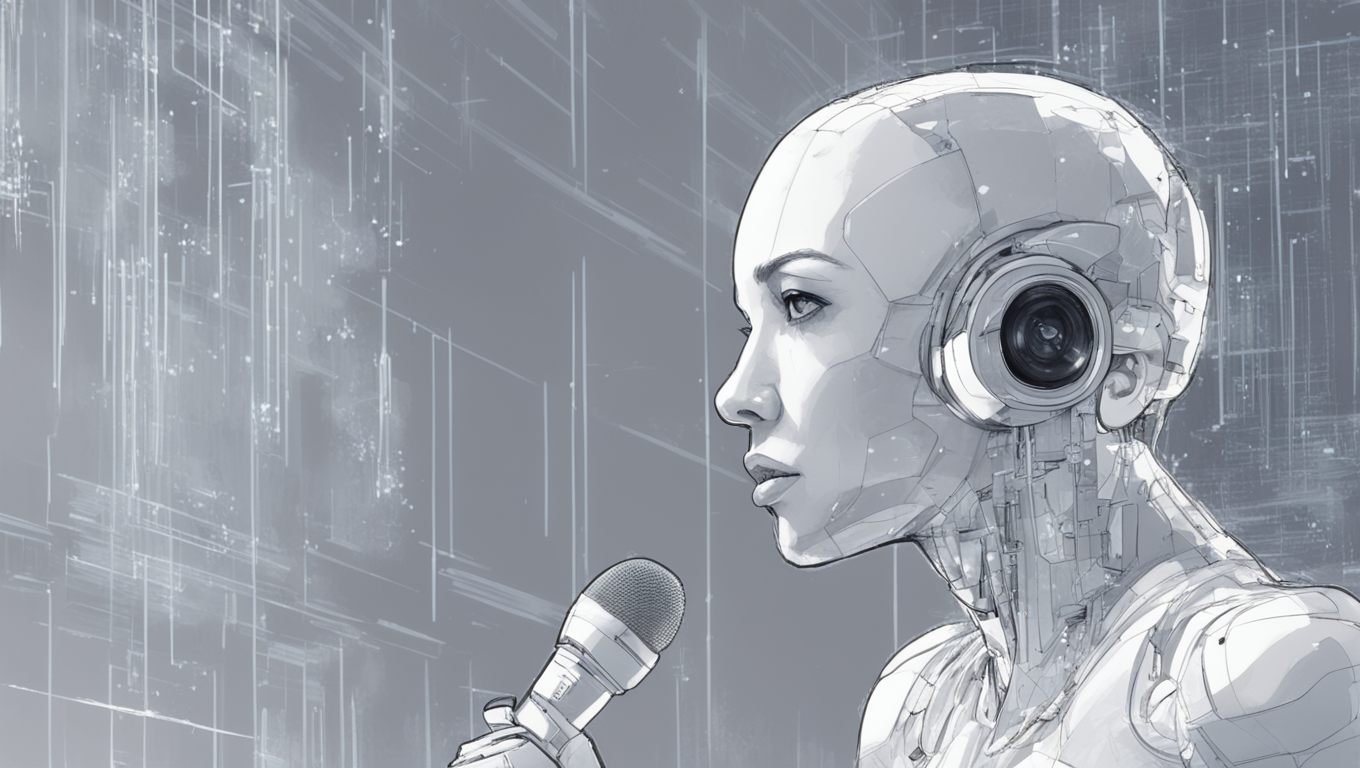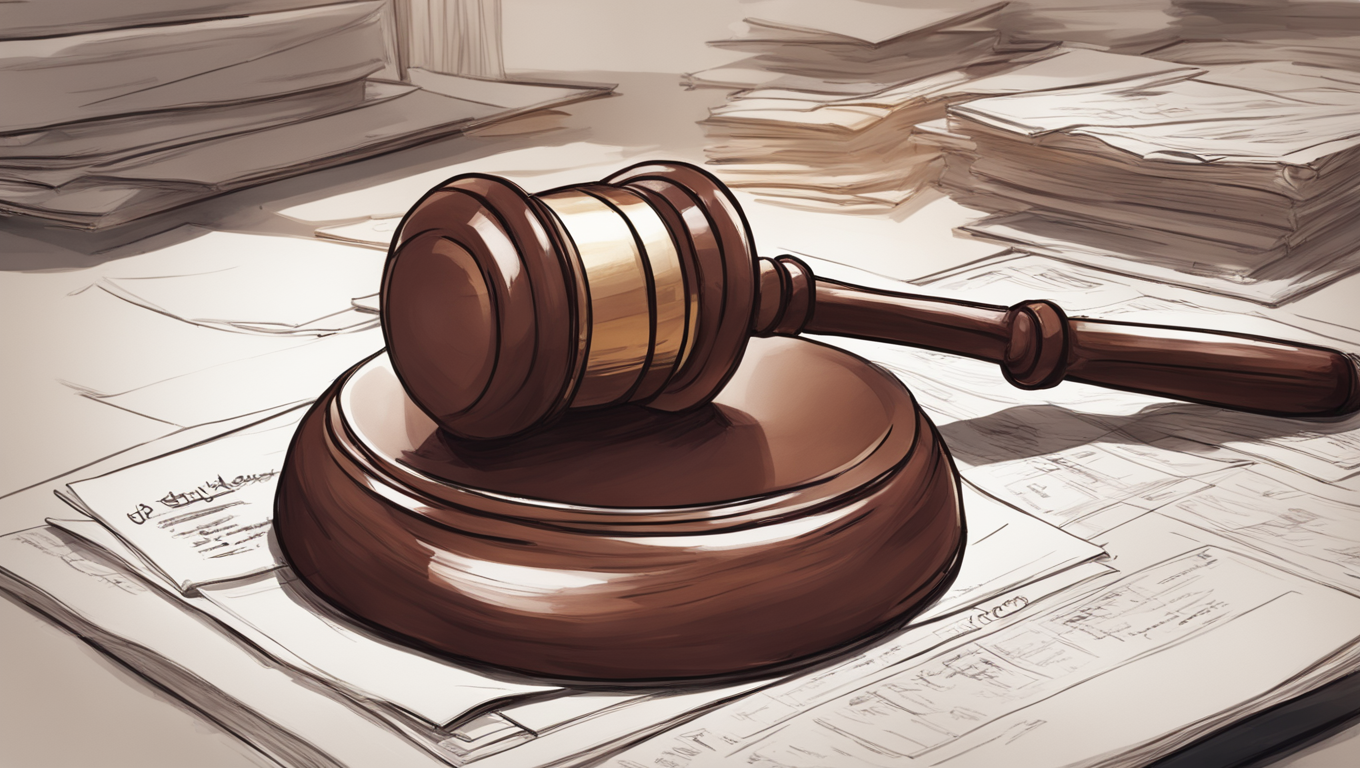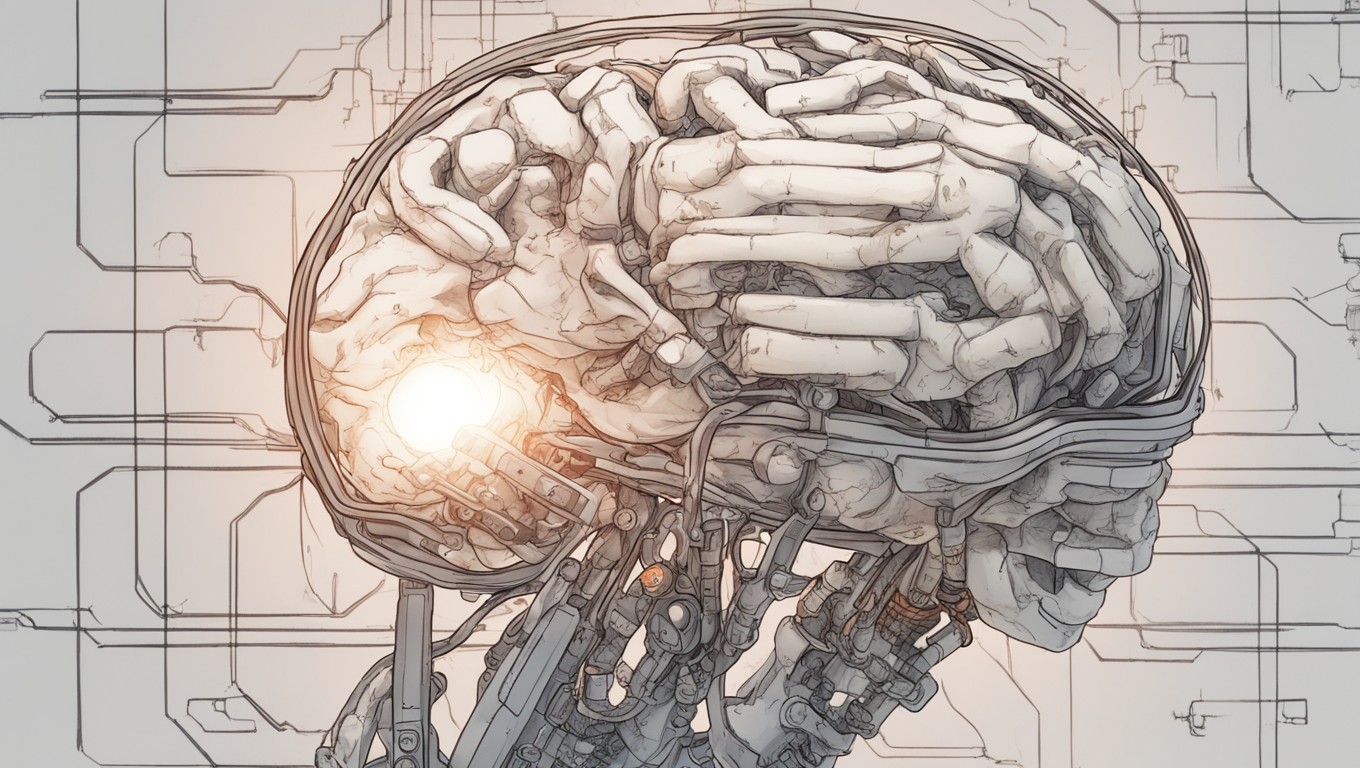OpenAI’s recent announcement about adding memory to its AI system, ChatGPT, has garnered significant attention in the media. While much of the focus has been on the implications for chatbots, the real potential lies in the impact it can have on healthcare.
The development of memory-powered AI is a crucial step towards transforming the US healthcare system. In his upcoming book, “ChatGPT, MD: How AI-Empowered Patients & Doctors Can Take Back Control of American Medicine,” Dr. Robert Pearl explores both the possibilities and challenges that AI presents for healthcare.
One of the key ways that generative AI’s improved memory will transform patient care is by enabling more accurate diagnoses. Currently, the sheer volume of medical knowledge makes it challenging for clinicians to keep up with the latest findings and guidelines. Additionally, patients' medical records are often scattered across various healthcare providers, making it difficult to access a complete medical history.
However, as generative AI becomes more powerful, it will be able to store and recall vast amounts of data. Combined with platforms like MyChart, which allow patients to consolidate their medical records, this will create a comprehensive and personalized health record. Patients will be able to input their symptoms and receive specific diagnostic and treatment suggestions, leading to more accurate diagnoses and potentially saving lives.
Another area where memory-powered AI can make a significant impact is in managing chronic diseases. Chronic conditions like diabetes and hypertension affect millions of Americans and often result in preventable complications and deaths. Current episodic care models, where patients see their physicians every few months, do not provide a complete picture of their health status.
By connecting generative AI to home wearable devices, patients can receive real-time updates about their health status. The AI can suggest medication adjustments or lifestyle changes and remind patients about necessary screenings. This proactive approach to disease management can help reduce complications and improve health outcomes, potentially saving hundreds of thousands of lives each year.
Additionally, memory-powered AI can enhance inpatient care by integrating with bedside monitors. The AI system can remember a patient’s clinical status over time and immediately alert healthcare professionals when a problem arises. Video monitoring systems powered by AI can also ensure that medical care follows best practices, preventing medication errors and reducing the risk of infection.
While generative AI still requires clinician supervision, the exponential growth of its capabilities points to a transformative future for the practice of medicine. Now is the time for both clinicians and patients to embrace this technology. Regulators and elected officials should also seize the opportunity to advance AI’s potential in healthcare rather than stifling it.
As Dr. Pearl notes, with memory and specialized plug-ins, generative AI is quickly becoming a powerful tool in the doctor’s toolkit. The development of memory-powered AI has the potential to revolutionize healthcare, making it more personalized, patient-centric, and affordable. By embracing this technology, we can reimagine healthcare and create a system that empowers both patients and doctors to take back control.
In conclusion, OpenAI’s memory-powered AI innovation has the potential to transform US medicine. By enabling more accurate diagnoses, improving chronic disease management, and enhancing inpatient care, generative AI can revolutionize the healthcare system. It is crucial for clinicians, patients, regulators, and elected officials to embrace this technology and work towards a future where AI empowers patients and doctors to provide better care.





Use the share button below if you liked it.